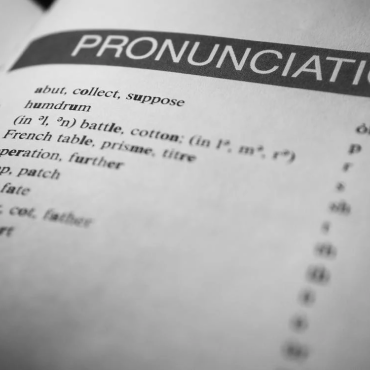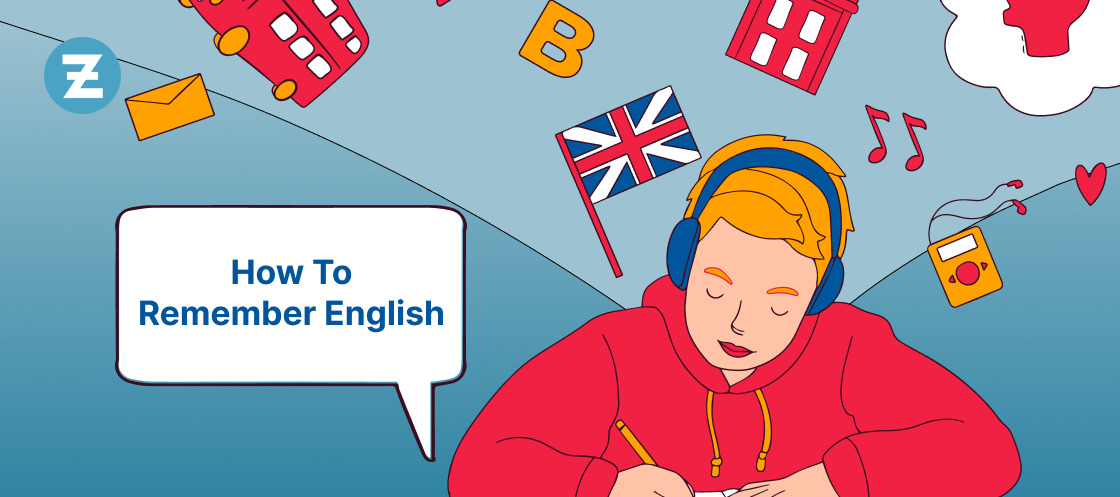Learning English can be difficult, especially when it comes to pronouncing certain words. Let’s take a look at some of the hardest words to pronounce in English
20 English Words That Are Hard To Pronounce
Learning English can be challenging due to its 20 vowel sounds, 25 consonant sounds, and seemingly endless inconsistency in spelling and pronunciation. Unlike some languages, the written form of English words often doesn’t match their spoken forms, making pronunciation even more tricky.
Despite this complexity, the English language is full of beauty and charm. Mastering difficult words and their correct pronunciation is an amazing accomplishment!
Ready to take on the challenge? Here are some of our hardest words to pronounce in English. They may seem fancy, funny, or just downright impossible to pronounce, but with some hard work, you’ll be able to master them – and the English language – in no time!
Worcestershire
A blend of vinegar, onion, garlic, anchovies, tamarind, molasses, and other flavorings creates Worcestershire sauce, a unique condiment.
One of the hardest words to pronounce in English is Worcestershire. The correct pronunciation of “Worcestershire” is “wust-er-sher,” with the emphasis on the first syllable “wust” and the second syllable “er,” while the third syllable “sher” is less emphasized. To master this tricky word, practice saying the word several times, paying attention to the placement of the stress and the sound of each letter, especially the letters “r” and “s.” Consider listening to native speakers saying the word or looking up videos of the word being pronounced to help you hear the correct pronunciation if you’re still having difficulty.
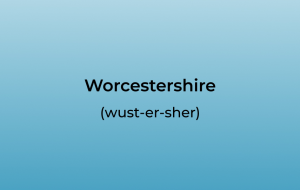
Massachusetts
Massachusetts is the most populous state in the New England region of the United States and the unofficial capital of the region. The Northeast’s most densely populated state, Massachusetts, is home to some of the nation’s oldest, most recognizable cities and towns, including Boston, Cambridge, Salem, and Plymouth.
English speakers can pronounce Massachusetts correctly with a straightforward pronunciation – Mass-ah-chew-sits. At first, it may look daunting, but it mostly gets pronounced as it is written. The only slight variation is in the ending, emphasizing the “-sits” part. With a little practice, you’ll speak like a native in no time!

Quinoa
Quinoa is an ancient South American grain that has been overlooked for centuries yet recently discovered by the rest of the world to be a nutrient-rich “superfood.”
The correct pronunciation of “Quinoa” is “KEEN-wah,” with the emphasis placed firmly on the first syllable, “KEEN,” and the second syllable, “wah,” being less emphasized. The ‘q’ should be pronounced as ‘k,’ and the ‘i’ should be pronounced as ‘ee.’ For best results, it’s a good idea to practice saying the word several times, paying attention to the placement of the stress and the sound of each letter, especially the letters “qu” and “i.”
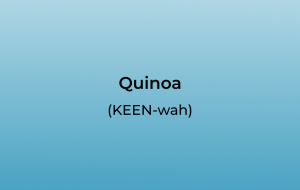
Onomatopoeia
Onomatopoeia is a figure of speech in which words are used to imitate or suggest the source of the sound they describe. It is used to intensify the effect of a narrative, dialogue, or other literary works.
The word onomatopoeia is an intimidating jumble of vowels! It may seem impossible to pronounce, but it’s quite simple once you break it down. It’s pronounced [on-uh-mat-uh–pee–uh], describing a word that imitates a sound. All you have to do is remember that the letter O is silent, and the –poeia suffix is pronounced [pee–uh]. Now you can pronounce this tricky word with ease!

Ignominious
The Latin word “ignominia,” meaning “shame” or “disgrace,” gave rise to the word “ignominious. Describe someone or something deserving of shame or disgrace as “ignominious.” “Ignemineus” is a five-syllable word with an impressive ring. Pronounced “ig-ne-MIN-ee-us,” it’s sure to make an impression in any conversation.
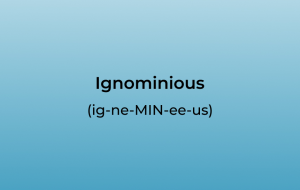
Isthmus
Geography students may be familiar with the two-syllable term “ismus,” which refers to a narrow strip of land between two bodies of water. Pronounce it correctly—omit the “th” sound, and say it as “is-muss.” Knowing this word can help you better understand the geography of different regions.
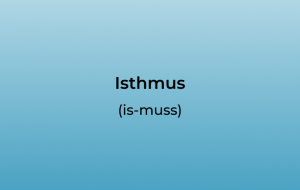
Synecdoche
The little-known literary device known as synecdoche has been around for centuries and yet, due to its pronunciation, is unfamiliar to many. A figure of speech or writing that uses a series of parallel phrases or sentences to express a single idea or concept is called “Senechdeky” and pronounced “se-NEK-de-kee.”
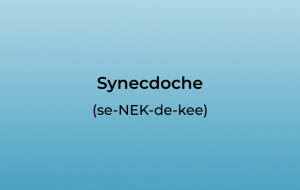
Anemone
Anemone is a wild and colorful member of the buttercup family, a perennial flower that will bring life to any garden. The name may seem intimidating for those unfamiliar with gardening, but fear not! Anemone is pronounced, “ah-NEM-oh-nee.”
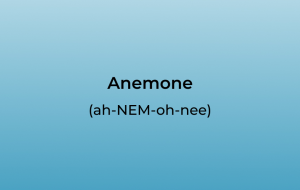
Otorhinolaryngologist
This one is surely one of the hardest words to pronounce in English. Unsurprisingly, many people trip over the lengthy word used to describe an ear, nose, and throat doctor. It’s a mouthful: “oh-toh-rye-no-lar-ing-GOL-uh-jee.” For those in the medical field, this word is second nature. But for everyone else, it’s understandably complex.
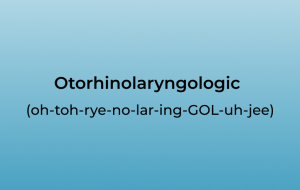
Draught
Non-native English speakers may find themselves perplexed by the pronunciation of this British phrase due to two irregularities: the order of the a-u vowel sound and the combination of the g-h-t consonant. Pronounce “draught” although it appears to be said as “drot.”
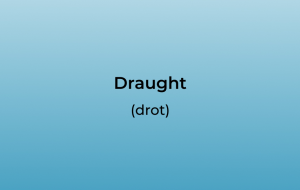
Remuneration
People often misunderstand or mispronounce “remuneration” due to its similarity to the word “number.” People tend to interchange the M and N sounds when saying the word, which leads to incorrect pronunciation. The correct way to say it is [ri-myoo-nuh-rey-shuhn].
Although it may sound like it has to do with money, the word actually comes from the Latin mnus, which means “gift”.
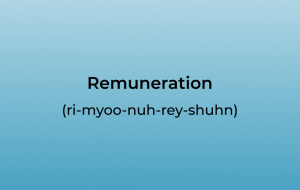
Coup
English gradually adopts words from the French language, such as “coup.” This word appears quite straightforward, as it follows the same pattern as other French words with the same ending ‘-oup’. In French, people pronounce “coup” as “koo.”
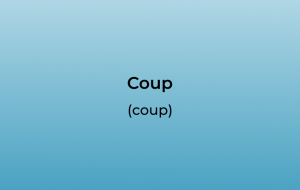
Epitome
People use the word “epitome” to describe something that perfectly exemplifies a certain thing. For example, if you wanted to describe someone who is the perfect example of a leader, you could refer to them as the epitome of leadership. The ending -e in epitome is not silent, as it is in many other words in English – it is pronounced [ih-pit–uh-mee]. This pronunciation comes from the traditional Greek pronunciation of the word, which was [eh-pit-tom], and can be heard in other Greek words adopted by English, such as charisma, harmony, and democracy.
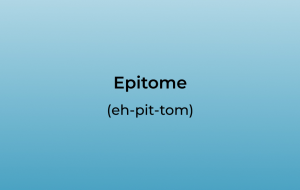
Choir
The world of English can be confusing and often intimidating, but it doesn’t have to be. A key part of mastering the language is understanding the correct pronunciation of words, especially when it comes to less common words. One example is the word ‘choir,’ which many people incorrectly pronounce with a hard [ch] sound.
The truth is that ‘choir’ is pronounced [kwahyuhr], with a soft ‘w’ sound in the middle. To understand this, it is helpful to look at an older spelling of the word ‘quire.’ Even though it is mostly obsolete today, people still use this spelling because it clearly represents the word’s pronunciation.
We can see that the word “quire” is made up of two parts: “qui” and “re.” ‘Qui’ is pronounced [kwahy], and ‘re’ is pronounced [uhr], and when they are combined, they create the word ‘choir,’ which is pronounced [kwahyuhr].
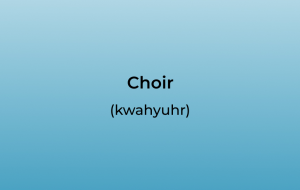
Colonel
The English language is complex, filled with subtle nuances and unique pronunciations that can often confuse non-native speakers. English speakers often find “ker-nul,” a 16th-century French word adopted into English, difficult to pronounce. For native speakers of English, the pronunciation of this word is often confusing for those learning the language.
The trickiest part of this word is the pronunciation of the two ‘o’s. Pronounce the first ‘o’ like an ‘e,’ leave the second ‘o’ silent, and replace the ‘l’ with an ‘r.’ This can challenge second-language English learners, as this sound is uncommon in many other languages.

Apocryphal
The word “apocryphal” has two distinct meanings. People can refer to something of dubious authenticity as “shady” or consider something of great spiritual significance as “sacred.”
“Apocryphal” is pronounced “a-pok-ruh-ful,” with the “a” pronounced like the “a” in “apple,” the “pok” like the “pok” in “pocket,” the “ruh” like the “ruh” in “rug,” and the “ful” like the “ful” in “full.”
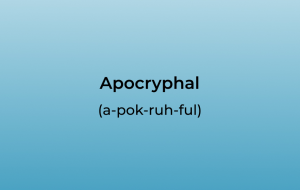
Debauch
For centuries, people have used the old-fashioned word “debauch” to describe a morally and ethically degenerate person. “Debauch” derives from the Latin verb “debacchare,” which means “to lead astray or to lead into a state of dissipation.” In modern English, describe someone who is debauched or degraded and corrupt due to overindulgence in pleasure and excess as “debauched.”
People usually pronounce “debauch” as “dee-bawsh,” emphasizing the second syllable in a sentence. Most people accept the pronunciation “dee-bawsh,” but some prefer to pronounce the word “debauch” with a hard “ch.”
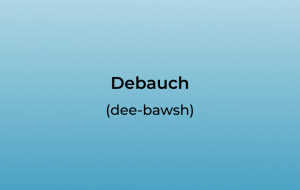
Camaraderie
Camaraderie is a strong sense of mutual support and friendship among people who share a common goal or interest. It is the feeling of being part of a group or team and involves a shared understanding and trust between members.
So how do you pronounce camaraderie? It’s pronounced, “KAH-muh-RAH-dee-ree.” While the spelling may be tricky, it’s a fairly easy word to pronounce. Remember to keep the “ah” sound in the middle and the “dee” sound at the end.
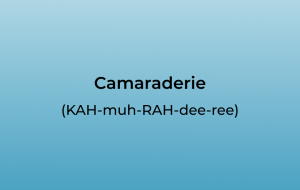
Grandiloquent
Grandiloquent is an adjective meaning “speaking or expressed in a lofty, grand, or exaggerated manner.” You can use it to describe someone’s language, style of speaking, or writing.
Grandiloquence can be pronounced as “gran-duh-low-kwens.” It has two syllables, with an emphasis on the second syllable. Often pronounce the “lo” in the word with a long “o” sound, like the “o” in “go.” Also, often pronounce the “quence” at the end of the word with a long “e” sound, like the “e” in “see.”
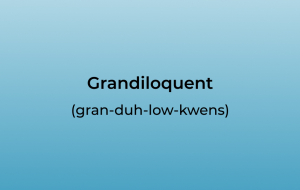
Colloquialism
Informal, spoken language, as opposed to formal, written language, describes “colloquialism,” the type of language used in everyday conversations and among friends.
Pronounce the word “colloquialism” as kuh-LOH-kwuh-uh-liz-uhm. The long “o” sound comes first, followed by a soft “l” sound and a rolled “qu” sound in the back of the throat. Usually, the accent falls on the first syllable.
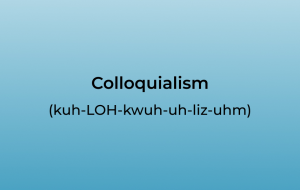
Summary
Test your English pronunciation skills with some of the hardest words in the English language! Take your English speaking skills to the next level by improving your pronunciation accuracy and challenge yourself to go beyond your comfort zone to become a master of the English language!
With the English language learning app Zoundslike, you can hone your fluency and accuracy even more. Download the app now and start your journey to mastering the English language!


